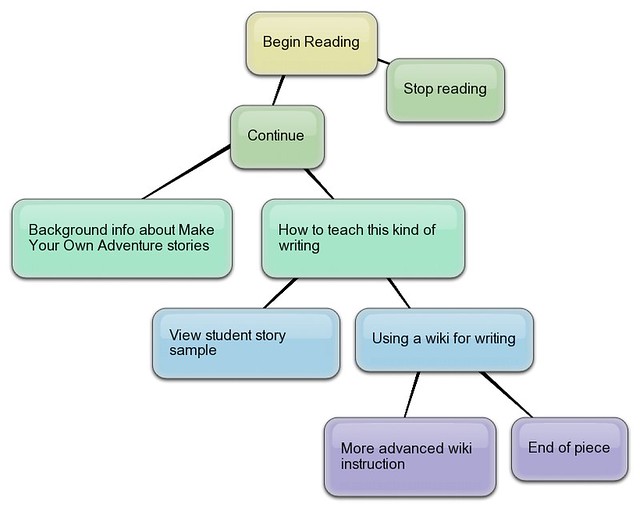Yesterday, I reviewed Bill Ferriter’s new book (Teaching the iGeneration) and saw at his blog — The Tempered Radical — that he was hosting an Epic Fail Story Day for August 12. He wants to make sure that folks know it is not about the failing, but about the resilience of teachers and students to find ways to work around problems that do arise from technology.
He writes:
Designed as an effort to raise awareness about the importance of being digitally resilient in the 21st Century Classroom and to help teachers new to technology understand that even digital veterans have computer meltdowns, Epic Tech Fail Day authors should write short pieces about the struggles that they’ve had in their work with technology…and then share lessons learned from their disasters.
Bill has all the details about Epic Fail Day at his site, and he also provides some suggestions for folks for writing. And he provides his own Epic Fail Story, too about some unexpected trails he took his students on. He will be choosing a few random writers to receive a free copy of his new book, which is certainly worth the price of a blog post!
So, what’s your story?
Peace (in the sharing),
Kevin
